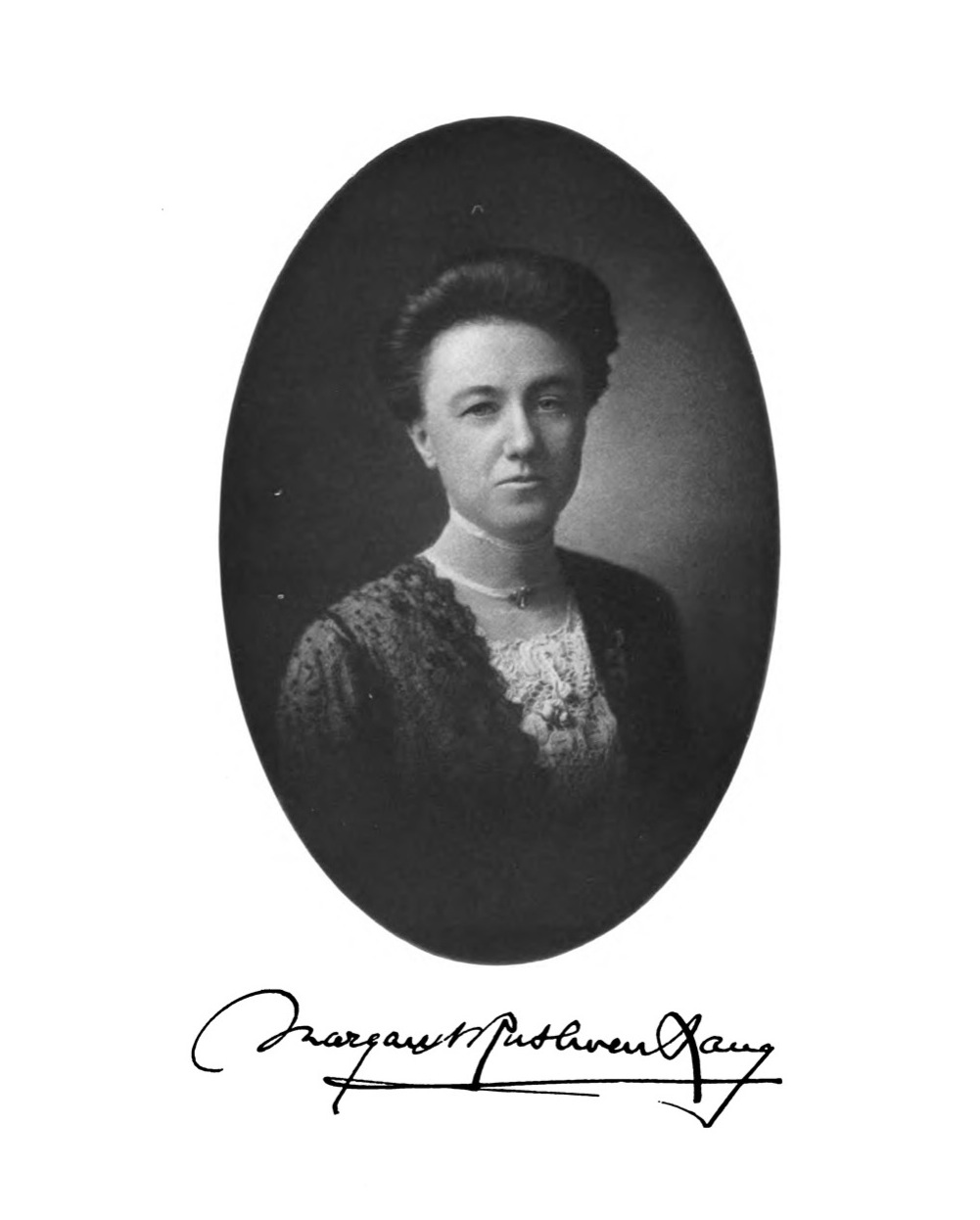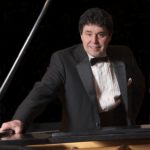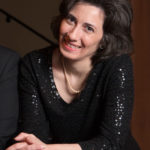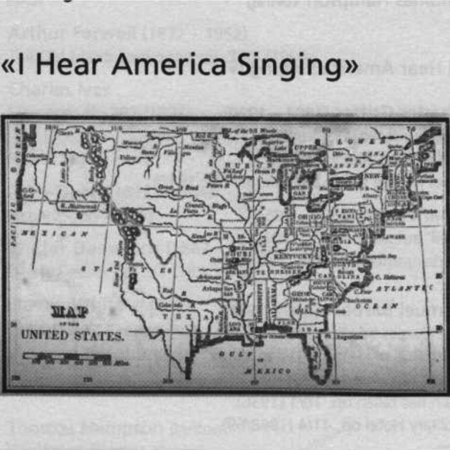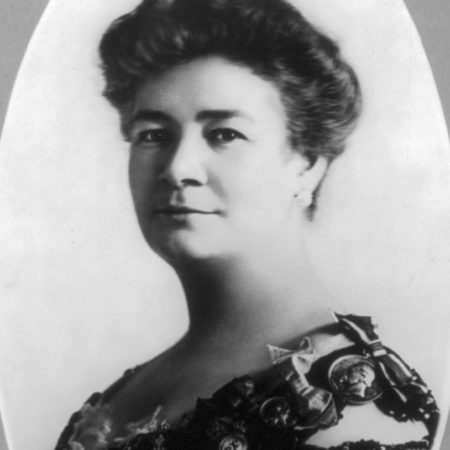An Essay by Donald George and Lucy Mauro
An American Woman Forgotten
May 29, 2012 marks the 40th anniversary of the death of Margaret Ruthven Lang. If you have never heard of Margaret Ruthven Lang, you are not alone. This forgotten American woman, born in Boston in 1867 and who lived until 1972, spent the first 50 years of her life surrounded by prominent musicians, poets and painters of the day and indeed becoming one of the most highly regarded female composers of her time, the first American woman to have a major orchestra perform her compositions in 1893, and to publish some 150 works, performed by great artists throughout the US and Europe, only to spend the next 50 years of her life in anonymity, never to compose again or hardly even to mention it.
The story of this fascinating woman begins with her musical family. Lang was the eldest daughter of Benjamin Johnson, “B.J.” Lang, a great musician himself – a Boston musical Brahmin, starting such venerable choral organizations as the Apollo Club and the Cecilia Society (known today as the Boston Cecilia) and a prominent conductor, organist, pianist and composer. He conducted the premier of the famous Tchaikovsky piano concerto (the one everybody knows was actually premiered in America) with Hans von Bülow performing and would later perform the piano part himself. Margaret’s mother was Frances Burrage Lang, an amateur singer. The Langs knew many of the great musicians of the day, Dvořák, Gottshalk, Paderewski, MacDowell, Liszt and Richard Wagner (Margaret and the Wagner children were playmates), to name a few.
One story goes that Margaret had to wait upstairs with the other women until after the dinner before she could then come down to show Dvořák her compositions. So close was Benjamin Lang to Liszt, he served as a pallbearer at Liszt’s funeral (Lang also had a lock of Liszt’s hair which he kept in a silver box that he bequeathed to Margaret – which, unfortunately, seems to be lost now). He also had one of Mendelssohn’s pianos in his Boston home. Alas, this piano seems to have also disappeared.
Irish Love Song
Margaret Ruthven Lang’s “Irish Love Song”
from the album Love is Everywhere
DuoDrama:
Donald George, tenor
Lucy Mauro, piano
Margaret Ruthven Lang as Composer
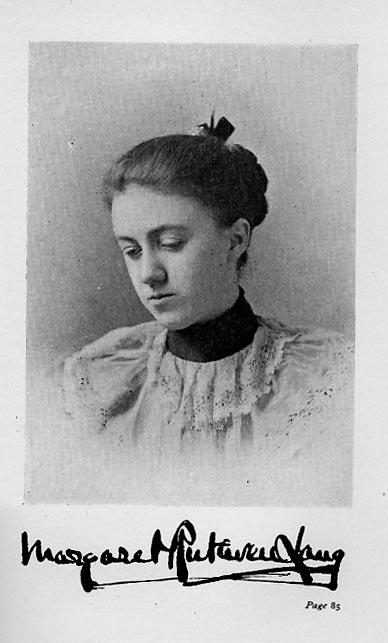
Photo from 1894
Margaret began studying piano and violin at an early age and wrote her first compositions at the age of 12. She studied with her father and with some of the notable composers and teachers in Boston such as George Whitefield Chadwick and John Knowles Paine and also in Munich, although being a woman she was not allowed to study in Munich’s Royal Conservatory. In fact the professors who tutored her were some of the most prominent of the time: Victor Gluth, Franz Drechsler and Ludwig Abel, imbuing in her music a distinct German influence. Her music was championed by the most famous of American composers, Edward MacDowell, who performed one of her songs, “Ojalà,” at the Paris Exhibition of American Composers.
Indeed, prominent stars of the day like Ernestine Schumann-Heink and Dan Beddoe performed her works. Arthur Nikisch premiered her Dramatic Overture in 1893 with the Boston Symphony, making her the first American woman composer to have such a performance, which was followed by orchestral concerts in New York, Chicago and Baltimore. Her works were performed with some regularity in New York, including premières with Josef Stransky conducting the NY Philharmonic and for the New York Manuscript Society and at Carnegie Hall with John McCormack. Her publishers were some of the most respected, Arthur P. Schmidt, Oliver Ditson, Theodor Presser and Breitkopf und Härtel in Leipzig, Germany. Many of the writers of the day considered her songs to be the best of any woman composer of the time.
Summer Noon
Margaret Ruthven Lang’s “Summer Noon”
from the album Love is Everywhere
DuoDrama:
Donald George, tenor
Lucy Mauro, piano
So what happened to Margaret Lang and why is she not known today?
In 1919, Lang stopped composing and began to destroy all her orchestral works and many of her other pieces. She said she used to “clean house” every ten years and get rid of things she deemed “unimportant” (when you live to be 104, that’s a lot of cleaning). For the next 50 years, she lived in Boston in the Back Bay area on Brimmer Street, taking care of her elderly mother, tending to the house and family matters, charitable work, writing letters (she was fluent in three languages). Margaret never married, and devoted much of her remaining years to religious work, becoming an ardent Episcopalian (the family was Unitarian) and publishing at her own expense, religious tracts which she called “Messages From God”. Some 6,000 of these she sent around the world. She attended the Episcopal Church of the Advent in Boston near her home.
When she was 99, Margaret was interviewed in the Boston Globe, where she reminisced about music and life in Boston in the “dark ages” as she called it. Margaret said back then “everyone lived in their houses. There are things about Boston you can’t put into words. The mise-en-scène, musicales, parties, dinners. We went out to other people, they came to us.” About her compositions, she said: “They told me to take some Grieg to the orchestra and hear how it sounded, so I could learn about orchestration. So I went to one of Nikisch’s rehearsals and they played for me. Things were so easy in those days.” She also described her experiences with Liszt and the Wagners: “Liszt took Father to many concerts. Later when we lived in Munich – we had gone abroad because of my mother’s health – we knew the Wagners very well. They used to send Isolde under Mother’s wing to go to concerts. Isolde would go very faint listening to Liszt and we had to take her out of the concert. That made me very mad!”
If Margaret is known for anything today, it is that she has the distinction of being the longest subscribing member to the Boston Symphony. In 1967, the orchestra performed a concert in honor of her 100th birthday and installed a plaque on her seat, first balcony right, B1. At the reception honoring her after the concert, people were looking for Margaret, but she had left to catch the last train home, as she had always done.
Love is Everywhere: The Songs of Margaret Ruthven Lang, Vol. 1 (2011)
DuoDrama:
Donald George, tenor
Lucy Mauro, piano
Delos: 3407
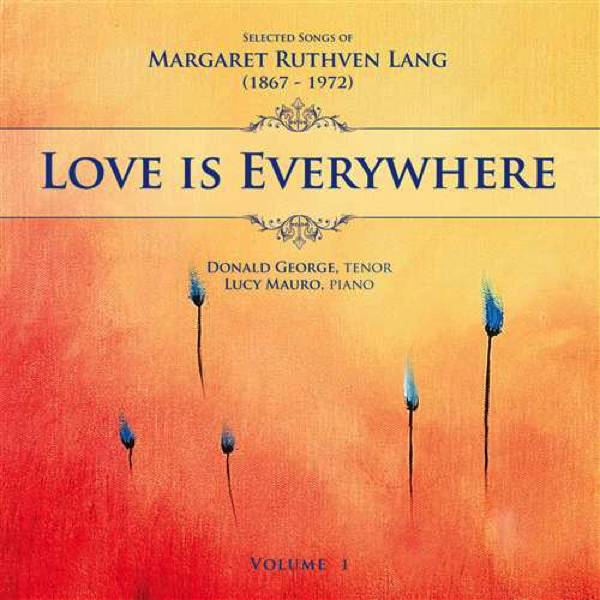
New Love Must Rise: The Songs of Margaret Ruthven Lang, Vol. 2 (2012)
DuoDrama:
Donald George, tenor
Lucy Mauro, piano
Delos: 3410
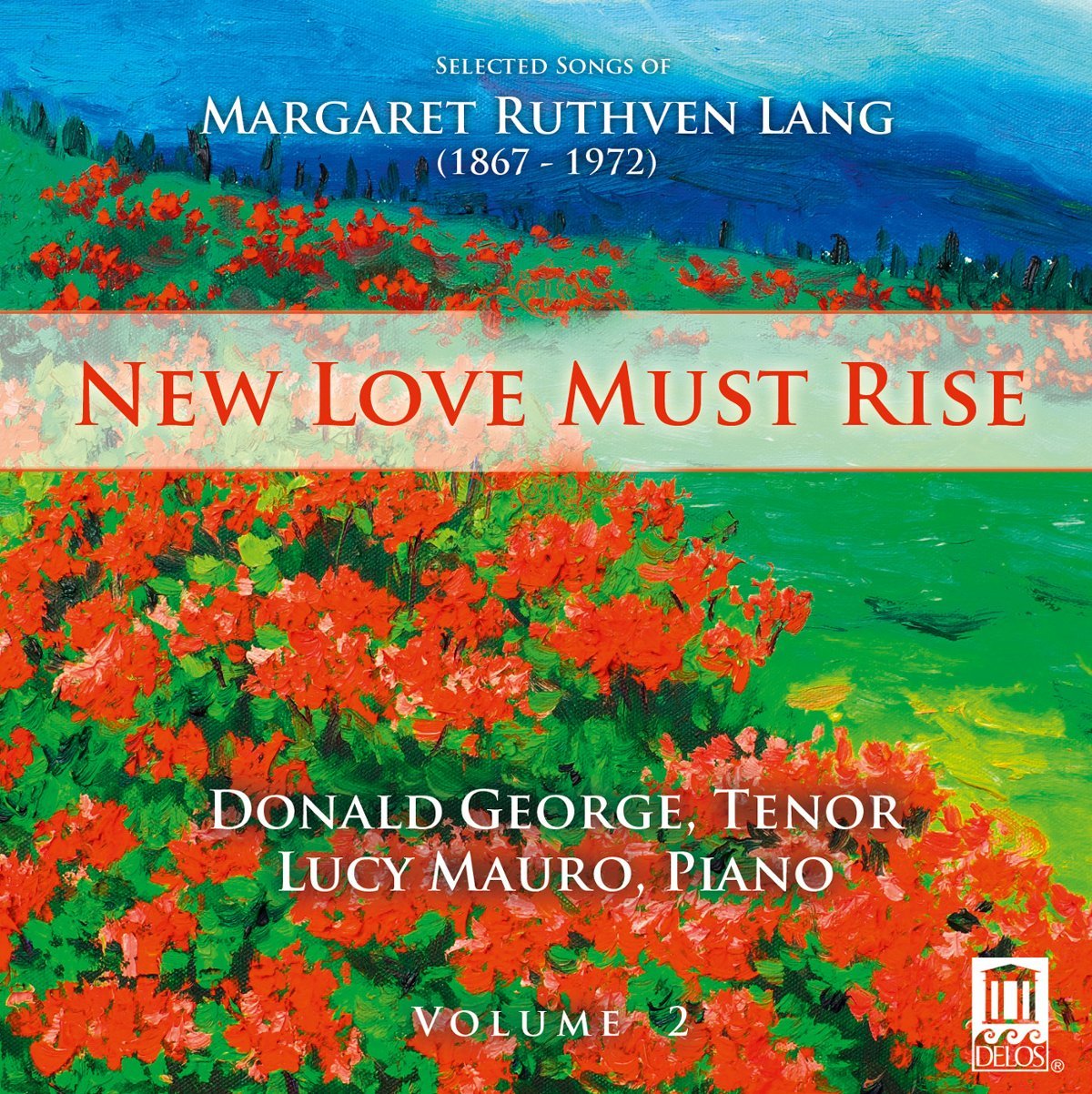
Acknowledgements
A special thanks to Margaret Ruthven Lang’s great-nephew Fletcher DuBois.
This is a collaborative page between Donald George and Lucy Mauro of Duo Drama and the Hampsong Foundation.
For more about Margaret Ruthven Lang, visit:
Margaret Ruthven Lang
on Song of America
Check out Margaret Ruthven Lang's profile and catalog of songs, as well as more recordings, on our Song of America website!
Visit siteMargaretRuthvenLang.com
A site about Margaret Ruthven Lang, her music, and the Lang family of Massachusetts
Visit siteLibrary of Congress:
Margaret Ruthven Lang
Margaret Ruthven Lang's entry in the Library of Congress's Performing Arts Encyclopedia
Visit siteSociety for American Music article
Society of American Music Bulletin: “Retreat from Fame: Margaret Ruthven Lang, the once famous Boston composer, rediscovered” (Fall 2011)
Visit siteExcerpts of Selected Songs of Margaret Lang
From the album Love is Everywhere
DuoDrama:
Donald George, tenor
Lucy Mauro, piano
